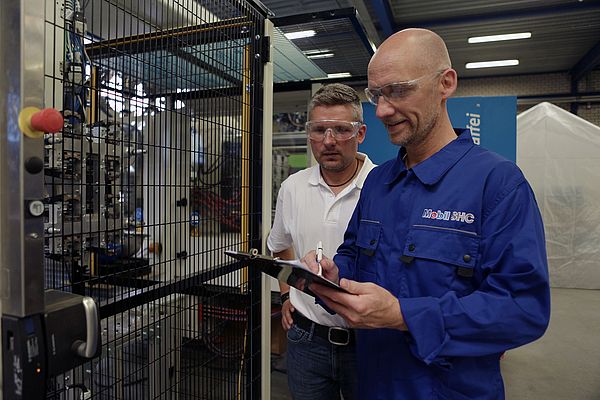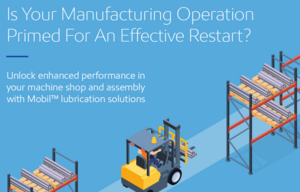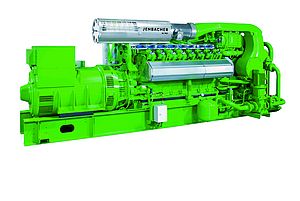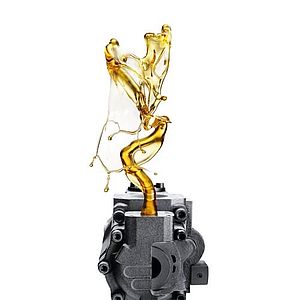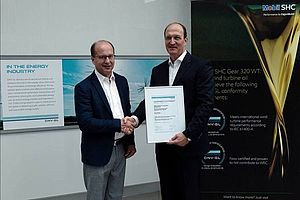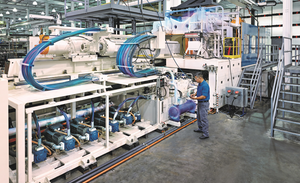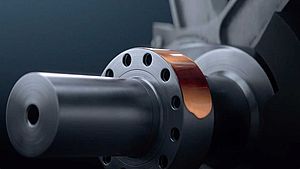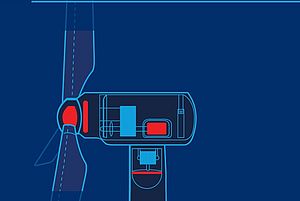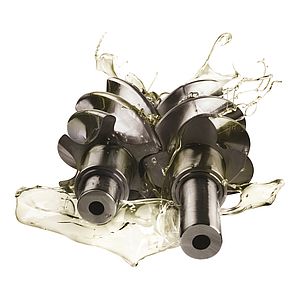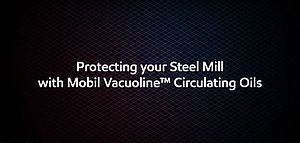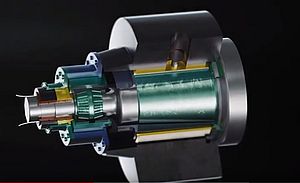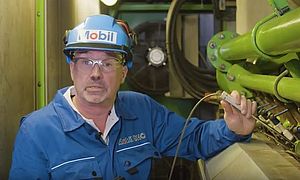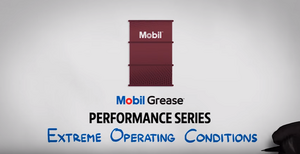Injecting production into plastic process with high performance lubricants
ExxonMobil’s Field Engineering Services (FES) team answers some frequently asked questions about the use of lubricants in the plastics sector, with tips that can also help save time and reduce costs.
How can I reduce the number of control/servo valve and pump spares I use?
Valves are the brains and pumps are the hearts of hydraulic systems. Therefore, companies should insist on regular equipment maintenance procedures to keep the machinery in good health. Lubricants play a huge role in this health check. Formulations that don’t control oxidation can lead to contamination and varnish on valves, and varnished valves have a tendency to remain open. Therefore, the servo has to work harder, which can ultimately lead to their failure. Oxidation can be held in check – and valves kept clean and easily closed – through the use of next generation zinc-free hydraulic oils. Their high viscosity index will also help avoid the problems associated with cold starts.
I want my system to be cleaner. Can next generation hydraulic fluids help me?
Yes. To enhance a lubricant’s anti-wear properties, different types of additives are used. Zinc is the easiest method of achieving this by helping form a protective film on the machinery’s metal surface. However, the zinc can degrade in harsh conditions to form a sludge, which can impair machinery operation. Leading lubricant suppliers have therefore started to use zinc-free additives in their next generation hydraulic fluids. These formulations provide an equally robust protective film but do not have any of the sludge issues associated with zinc, therefore helping ensure a cleaner system.
We have different types of plastic injection moulding machines in our plant. In order to reduce scheduled maintenance we would like to undertake oil changes across all of them at the same time, which will mean extending the oil drain interval on some machines. How can this be achieved?
Extending oil drain intervals can have several benefits, such as reducing inventory costs, operational risks, unscheduled downtime, waste oil costs and labour requirements. However, it also increases the chances of accelerating oxidation due to a build-up contaminants and prolonged exposure to heat. It is therefore essential to select an oil that has been formulated with an additive system specifically designed to cope with extended operation and resit oxidation. Operators should also instigate a used oil analysis programme as part of their routine maintenance as it can help spot issue before they become problems.
For more quick tips or insights on how to enhance your lubrication program or better protect your machinery, visit technical resources page.



